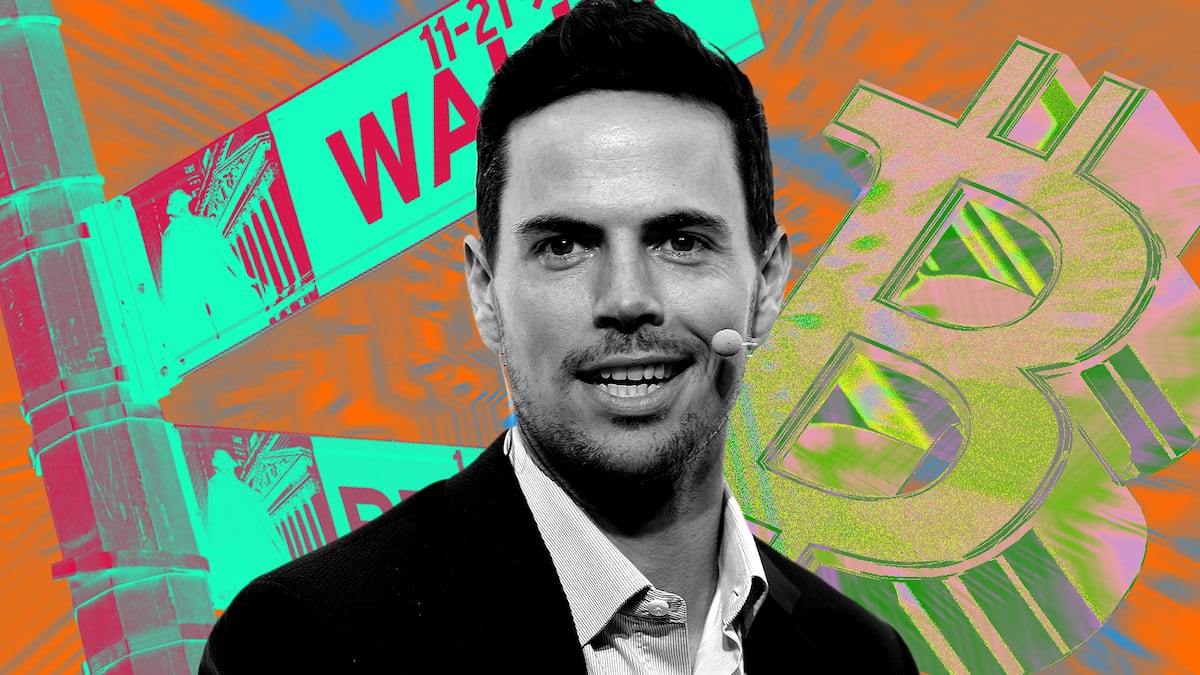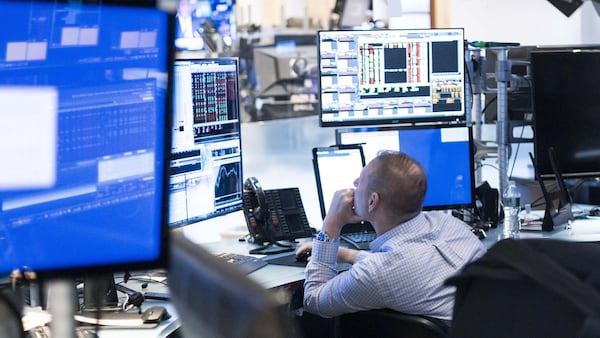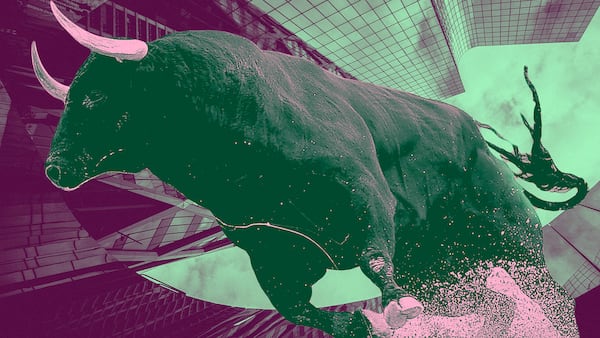- Lekker Capital is paying a lot of attention to the Fed and the presidential election as it plays the crypto market.
- Founder Quinn Thompson told DL News why this traditional approach is so well suited for Bitcoin and its ilk.
- Investors keep a wary eye on interest rates.
Understanding macroeconomics is becoming increasingly important to investing in digital assets.
If the Federal Reserve, for instance, rolls back its commitment to decrease interest rates and stays hawkish on inflation that could spur investors to ease up on “risk on” assets such as stocks and crypto.
And the US presidential election could end up changing things in a big way for crypto.
It isn’t because former President Donald Trump is slightly more amenable to the sector than President Joe Biden, but rather because Trump would almost certainly change the leadership at the agencies that are cracking down on the industry.
Creating opportunities
All of this is creating opportunities for money managers such as Quinn Thompson, the former head of capital markets at Maple Finance, who on April 2 launched his own macro crypto hedge fund called Lekker Capital.
“We’ll be looking at everything through a traditional macro lens, looking at interest rates, looking at commodities, looking at equities, and understanding what it means for Bitcoin and crypto,” Thompson told DL News.
“Obviously, crypto has its own idiosyncratic economic drivers as well, so it’s about pairing those two together.”
Lekker is a discretionary fund, meaning that it’s comfortable taking long or short positions on crypto, or staying flat.
While the strategy may seem commonsensical from an outside perspective, crypto has long been populated with investment funds simply trying to maximise their exposure to the upside.
The most famous of these “up only” funds — Three Arrows Capital and Alameda Research — made billions of dollars before they were wiped out in 2022 by shoddy risk management and, in Alameda’s case, outright fraud.
“One of the biggest reasons people got burned last cycle was that funds were up like 10 times in 2021 and then down like 80% in 2022,” Thompson said. “It went from the best of times to the worst of times.”
Meet Lekker Capital
Only days old, Lekker Capital will stay relatively small in the short-term. Thompson said he is capping its size anywhere between $15 million to $20 million for the time being.
“It’s largely family and friends” who allocated to the fund, he said, though he has invested a significant amount of his own cash as well.
‘People in crypto try to do everything.’
— Quinn Thompson
The fund operates on a 2% management fee and a 20% performance fee, a typical arrangement on Wall Street.
“I worked in credit and fixed-income capital markets, so we were spending time with all these different industries — commodities, media and telecom, healthcare, industrials,” said Thompson, who was an analyst for Guggenheim Partners, BNP Paribas, and UBS before jumping into crypto in 2021.
“It taught you how to get smart about an industry or company fairly quickly.”
Understanding the narrative
But finding the cryptocurrencies with the most upside requires quite a shift in mindset, Thompson has found.
While fundamental analysis still has its place, it’s not as essential as in other asset classes. Rather, crypto investors need to understand the narratives driving the latest moves — and perceive when the momentum in the market shifts.
The fact that the crypto ecosystem keeps growing at a rapid pace doesn’t make things easier.
Whereas early crypto adopters could keep up with every development in the industry, the task has gotten a lot harder in the last two or three years, according to Thompson.
“People in crypto try to do everything,” Thompson said. “At a large hedge fund, the energy guy doesn’t make recommendations on healthcare stocks, or vice versa.”
Edge on memecoins
When asked whether he’d ever trade memecoins — extremely volatile tokens usually named after Internet jokes — Thompson said he didn’t have any competitive advantage.
“The edge on memecoins, for example, is going to be the guy that’s spending his whole day on Twitter and Telegram and Discord to find the newest thing,” he said.
“Obviously there’s people that have made extreme amounts of money on them,” he added. “For me, it’s just a distraction.”
Keeping tabs on the Federal Reserve
Instead, Lekker intends to focus on “higher quality assets” — like Bitcoin, Ethereum, and Solana, but also crypto stocks like Coinbase, MicroStrategy, and publicly traded Bitcoin mining companies.
“The reason I’m focused on those equities and the larger coins is because they move more in tandem with influences from the traditional world,” Thompson said.
The biggest story this year from a macro perspective concerns interest rates, Thompson said.
With inflation falling in the last few quarters, the Fed has signalled it is prepared to begin dropping the benchmark interest rate, which is now 5.5%.
But the slowing pace of consumer price drops may be forcing the Federal Reserve to rethink its commitment to rate cuts, and that has investors jittery.
The market may be “a little more defensive” until investors get more clarity from the Federal Reserve, Thompson said.
Consequences of the US election
Another important story is the US election. While fiscal spending isn’t likely to significantly change regardless of who gets elected, a second Trump administration would probably replace Gary Gensler, a crypto critic, as chair of the US Securities and Exchange Commission.
“If we get someone with these more libertarian views, like Jay Clayton or Hester Peirce, at the head of the SEC, we can see things like the Ethereum spot ETFs approved very quickly,” Thompson said.
“You’d also see more crypto companies going public,” he added. “Right now it’s not really in the cards because people don’t want to have to deal with Gensler.”
Tom Carreras is a markets correspondent at DL News. Got a tip about Bitcoin, hedge funds, and macro? Reach out at tcarreras@dlnews.com








